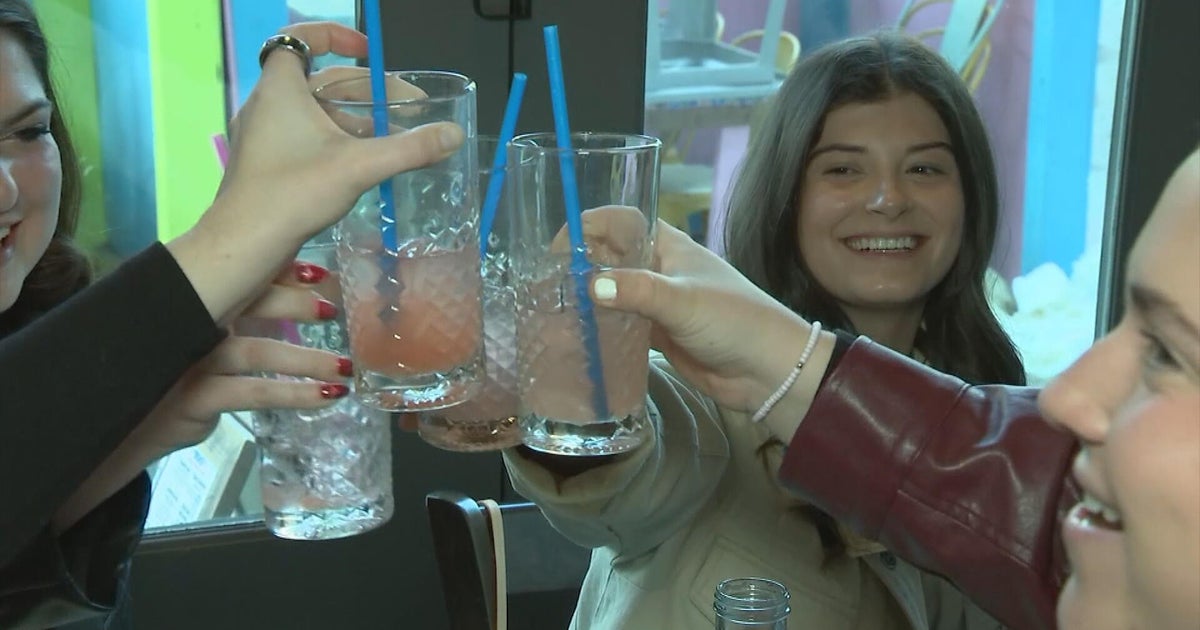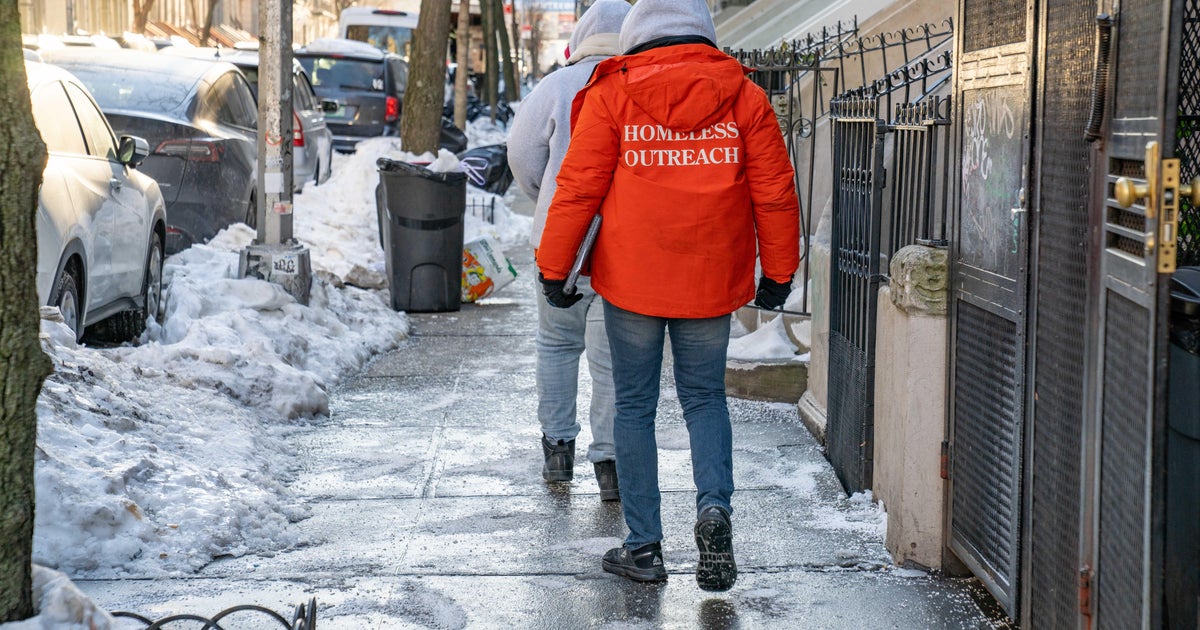Study: Using SPF 30 Sunscreen Reduces Melanoma Risk By 80 Percent
NEW YORK (CBSNewYork)-- Now that warmer weather has arrived, many people will be taking in some sun. But that means you better be safeguarding your skin.
A new study suggests sunscreen does more than protect against sunburns, CBS2's Magdalena Doris reports.
On perfect spring days like Sunday, the lawns of Central Park serve as an oasis for those looking to bronze their bodies.
"I'm just trying not to be a ghost," one sunbather told CBS2.
"I'm pale. I've gotta get back to my normal color," another said.
A new study out of the Ohio University Comprehensive Cancer Center has some good news for safe sun worshippers.
"All of these SPF 30 sunscreens were able to protect our mice from getting melanoma," Dr. Christin Burd said.
Malignant melanoma is the deadliest form of skin cancer.
"It's one of the highest cancer killers of women in their late 20s early 30s. It's not just something that happens to older people," Dr. Doris Day, of Lenox Hill Hospital, said.
Today's UV index is a seven, that means in just half an hour you're exposed to harmful rays and at risk for sunburn.
"Even just one single blistering sunburn in childhood can double your risk of melenoma later in life," Day said.
But it's never too late to get on the right track.
"I did slather on today 'cause I got burnt yesterday," Carmel Reilly of River, New York said.
"If you start protecting today you can prevent and protect against further damage and even repair some of the damage that was done," Day explained.
By using SPF 30, researchers said your chance of developing melanoma is cut by a whopping 80 percent.
"It's like brushing your teeth, as soon as you brush your teeth you should put on sunscreen," Reilly said.
Scientists will now work to determine which ingredients are the best cancer prevention tools to develop smarter sunscreens.
So remember to shake, squeeze, and slather that sunscreen on... it may just save your life.







